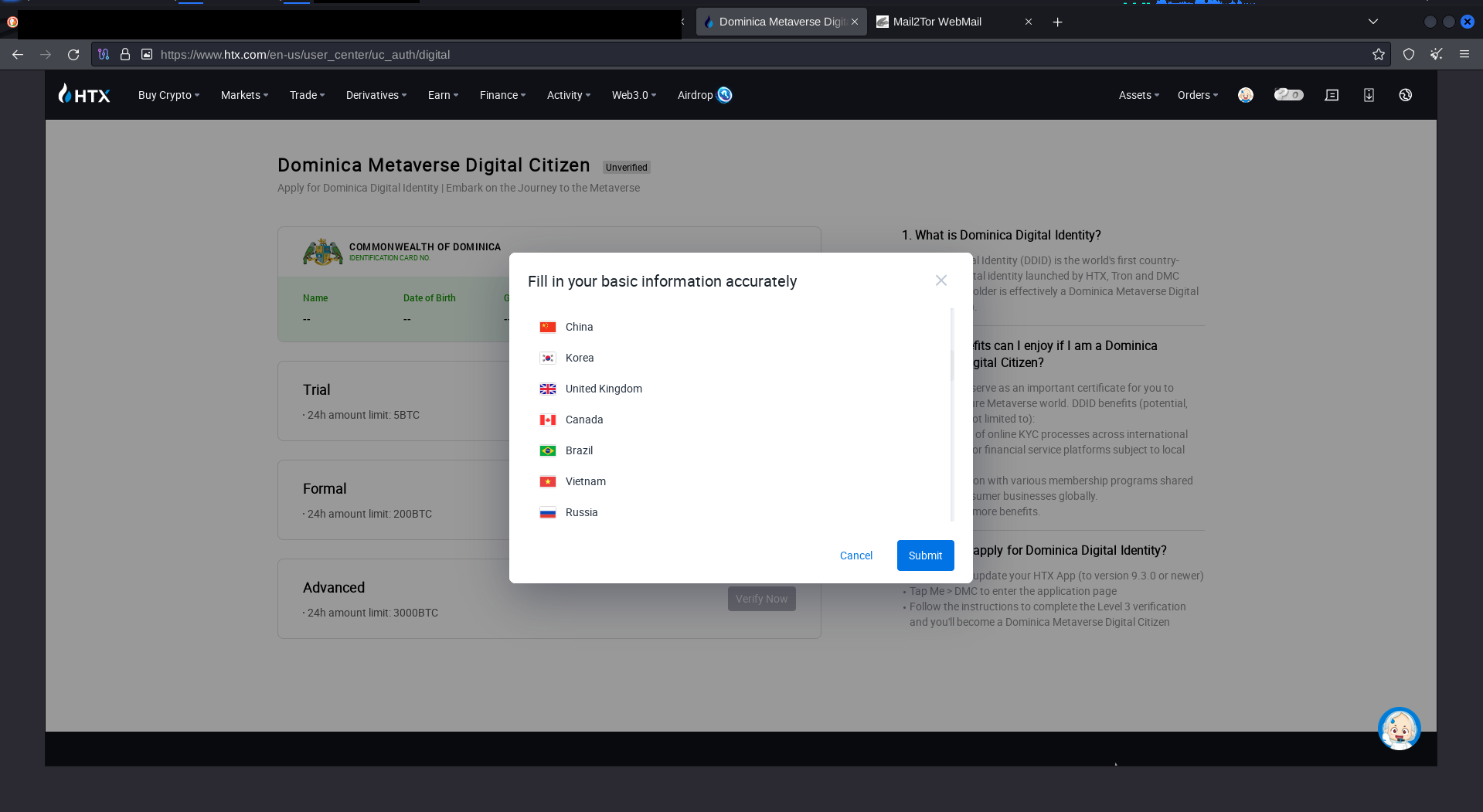
The future of CBDCs and other digital currencies remains uncertain and will depend on the development of further regulatory frameworks to address the technical and ethical challenges associated with these assets.


What does this mean for the future of finance in the UK?
The relationship between CeFi and DeFi is currently one of competition, as each system offers different advantages and disadvantages. CeFi is often seen as more secure and reliable, as it is regulated by governments and financial institutions, and backed by traditional financial infrastructure. However, CeFi also often comes with higher fees and less accessibility, especially for those who do not have access to traditional financial services.
On the other hand, DeFi operates on decentralized infrastructure, such as blockchain technology, and offers increased accessibility, lower fees, and faster transaction times through the use of cryptoassets. However, DeFi is often considered less secure and reliable, as it is not backed by traditional financial institutions.
The future of CBDCs and other digital currencies remains uncertain and will depend on the development of further regulatory frameworks to address the technical and ethical challenges associated with these assets. Until such policies and frameworks are in place, it is difficult to predict the outcome of the interaction between CBDCs, cryptoassets, and other digital currencies leveraging blockchain technology. The comparison between CeFi and DeFi highlights the need for further innovation and exploration in the realm of digital currencies, as well as the importance of balancing the benefits of decentralization with the need for financial compliance and privacy protections.
Some Things To Consider
While it is possible that CeFi and DeFi will continue to compete in the future, some experts believe that the two systems will eventually converge and merge. This would result in a financial system that offers the security and reliability of CeFi, with the accessibility and efficiency of DeFi. In order for CeFi and DeFi to converge, significant investment, regulatory support, and technological advancements, particularly in blockchain and cryptoasset technology, would be necessary. The future of the relationship between CeFi and DeFi will likely depend on various factors, such as market trends, consumer preferences, and government policies, among others.



